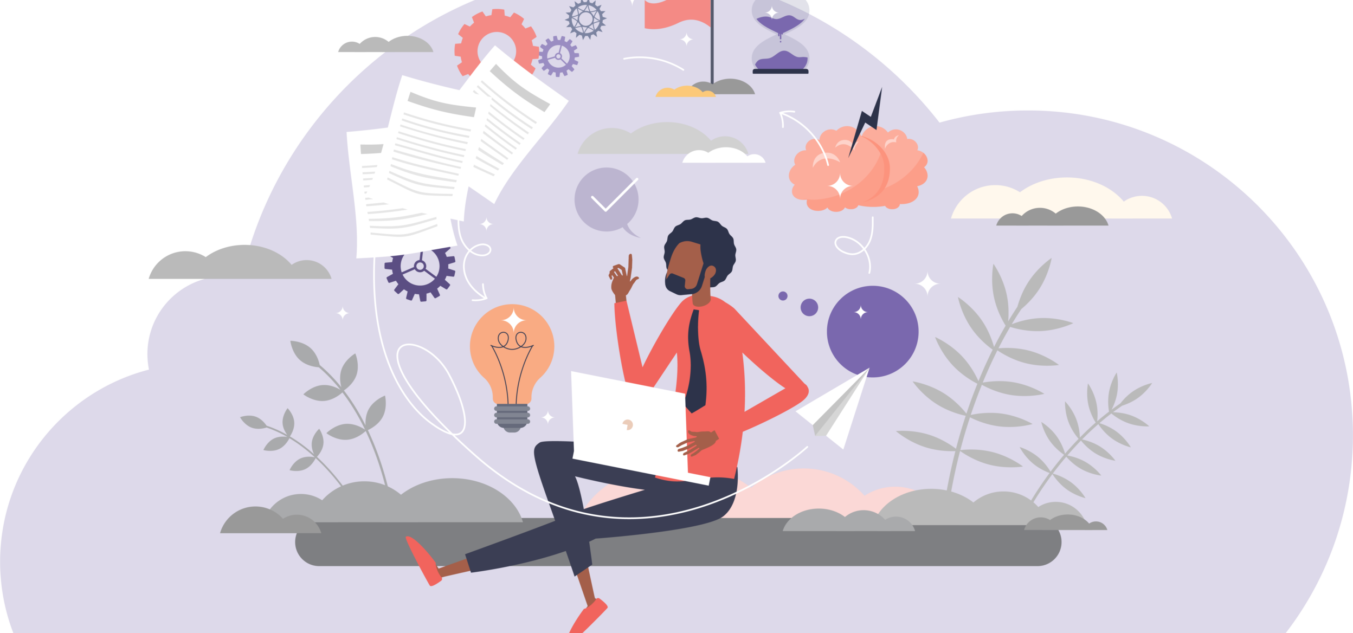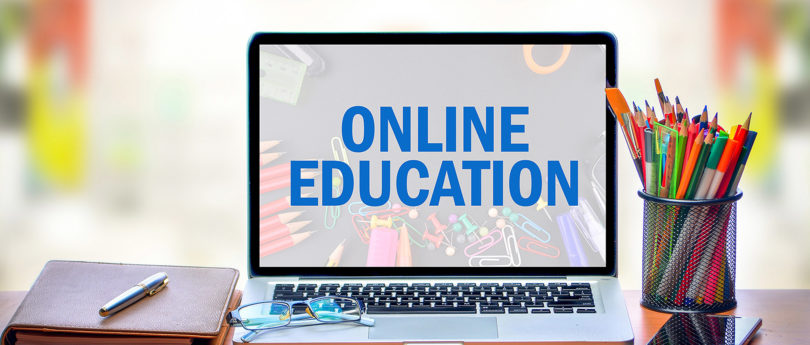Learning is an inherently human pursuit, a journey of acquiring knowledge and skills that has been integral to our species’ progress and development. In this article, we delve into the profound significance of learning, its multifaceted nature, and the strategies and approaches that can help individuals unlock their full learning potential.
Learning: A Lifelong Adventure
From the moment we are born, we embark on a lifelong journey of discovery and growth. Learning is not confined to classrooms; it happens everywhere, every day. It’s the process of absorbing information, gaining insights, and acquiring skills that empower us to adapt, innovate, and thrive in an ever-evolving world.
The Many Dimensions of Learning
Learning is not a one-size-fits-all endeavor. It encompasses various dimensions, including formal, informal, and experiential learning.
- Formal Learning: This type of learning takes place in structured environments such as schools, colleges, and universities. It follows a curriculum, has defined objectives, and often leads to certifications or degrees.
- Informal Learning: Informal learning occurs spontaneously and organically through daily experiences. It includes activities like reading books, watching documentaries, or having conversations with peers. Informal learning is driven by curiosity and self-direction.
- Experiential Learning: Learning by doing is at the heart of experiential learning. It involves hands-on experiences and reflective practice. This type of learning is common in vocational training and skill development.
The Science of Learning
Understanding how the brain learns is essential for optimizing the learning process. Cognitive science has revealed fascinating insights into how our brains acquire, store, and retrieve information. Some key principles include:
- Active Engagement: Active learning, where learners participate and engage with the material, is more effective than passive learning.
- Spaced Repetition: Spacing out study or practice sessions over time enhances long-term retention compared to cramming.
- Interleaved Practice: Mixing different topics or skills during practice helps improve overall learning and problem-solving abilities.
- Feedback: Frequent and timely feedback is crucial for making corrections and reinforcing learning.
Lifelong Learning: A Necessity
In today’s rapidly changing world, the concept of lifelong learning has gained immense importance. The skills and knowledge acquired during formal education are often insufficient to meet the demands of a dynamic job market. Therefore, individuals must embrace continuous learning to stay competitive and adaptable.
Strategies for Effective Learning
Effective learning is a skill in itself. Here are some strategies that can enhance the learning experience:
- Set Clear Goals: Define what you want to learn and why it matters. Having clear objectives provides motivation and direction.
- Stay Curious: Cultivate a curious mindset. Ask questions, explore new topics, and seek out opportunities to learn.
- Practice Critical Thinking: Analyze information critically, evaluate sources, and develop your ability to think independently.
- Experiment: Don’t be afraid to make mistakes. Learning often involves trial and error.
- Teach Others: Teaching is one of the most effective ways to reinforce your own learning.
The Joy of Learning
Learning is not merely a means to an end; it can be a source of immense joy and fulfillment. Discovering new passions, mastering skills, and gaining insights into the world can be deeply rewarding experiences. Embrace the joy of learning, and you’ll find that knowledge is a lifelong friend and ally, enriching every aspect of your life.
In conclusion, learning is a fundamental aspect of the human experience. It empowers us to adapt, grow, and make meaningful contributions to society. Whether you’re a student, a professional, or someone simply passionate about a subject, the journey of learning is a profound and fulfilling one. Embrace it, and you’ll discover that the pursuit of knowledge is a never-ending adventure.






